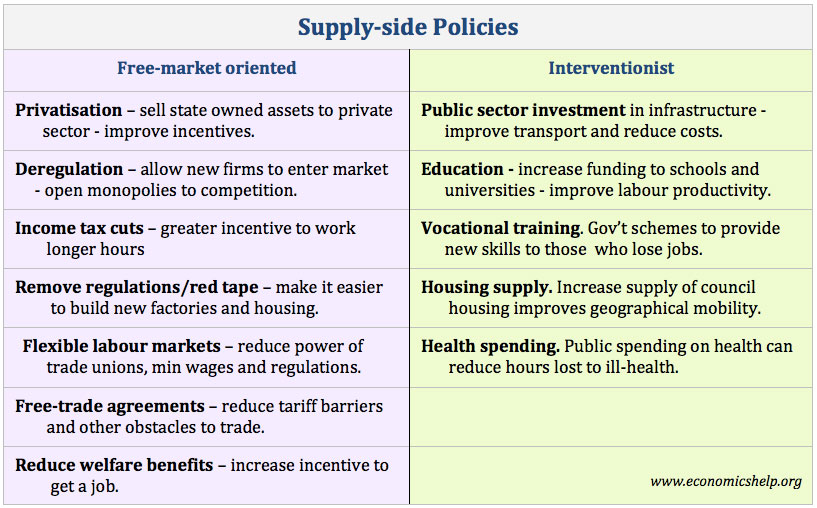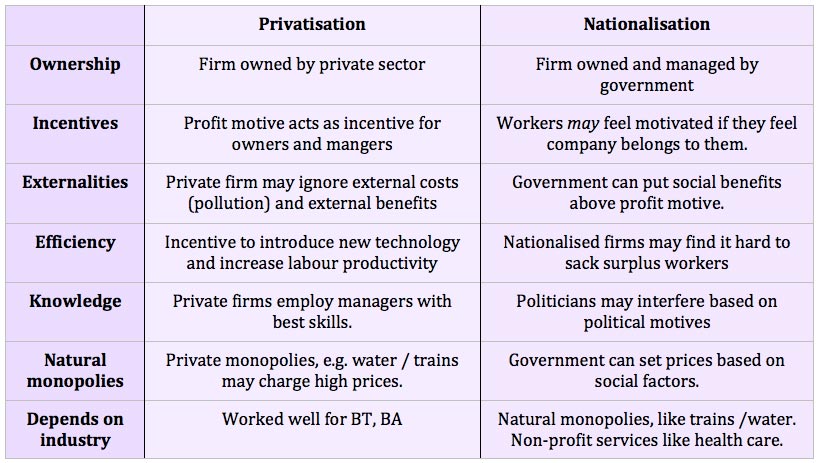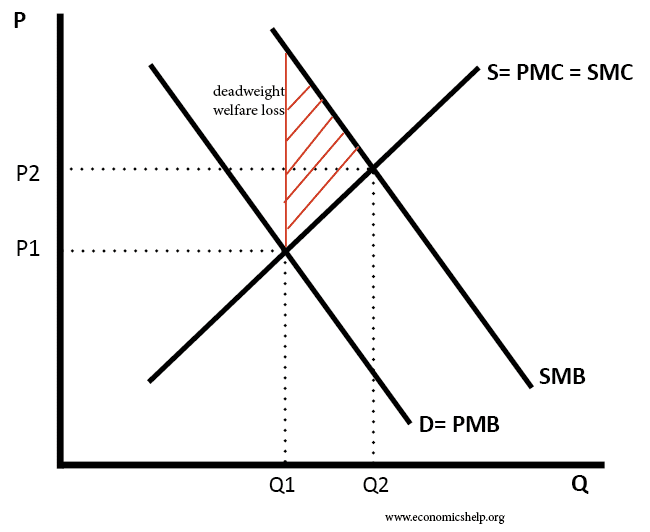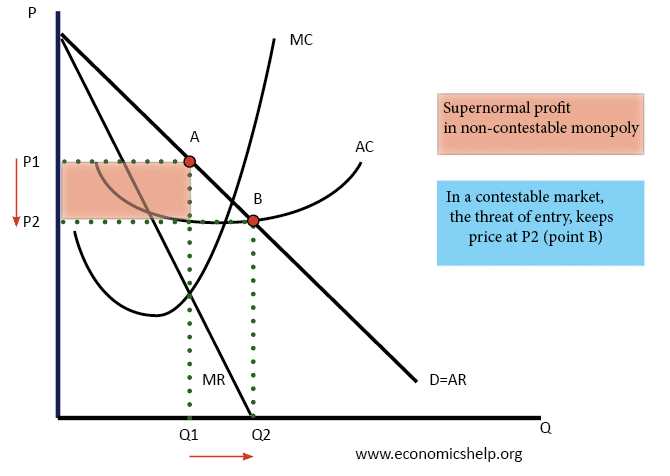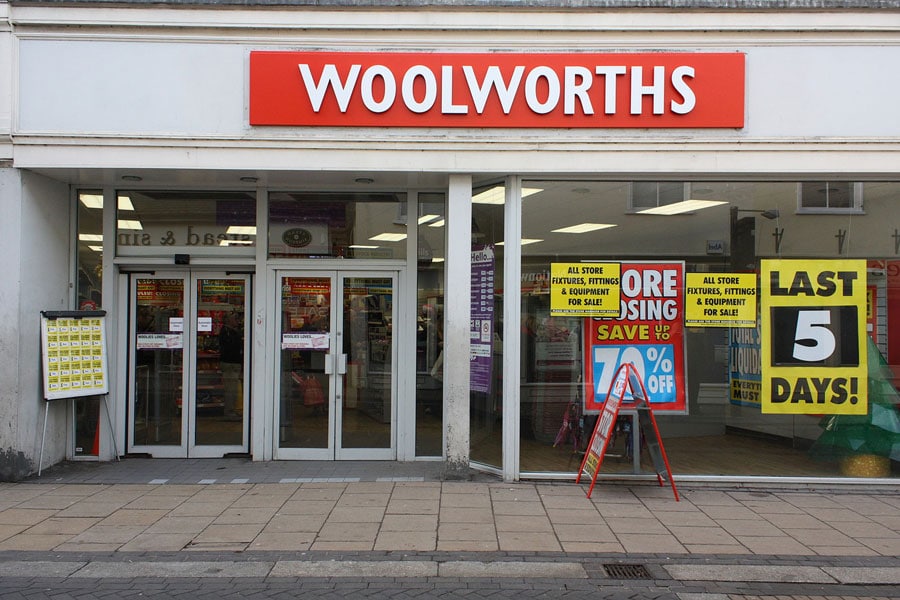Supply Side Policies
Supply-side policies are government attempts to increase productivity and increase efficiency in the economy. If successful, they will shift aggregate supply (AS) to the right and enable higher economic growth in the long-run. There are two main types of supply-side policies. Free-market supply-side policies involve policies to increase competitiveness and free-market efficiency. For example, privatisation, …

